Search
Remove Ads
Advertisement
Summary 
Loading AI-generated summary based on World History Encyclopedia articles ...
Search Results
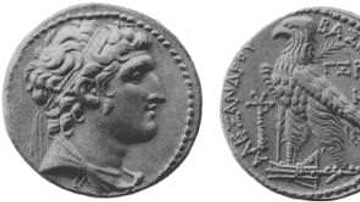
Definition
Seleucid Empire
The Seleucid Empire (312-63 BCE) was the vast political entity established by Seleucus I Nicator ("Victor" or "Unconquered", l. c. 358-281 BCE, r. 305-281 BCE), one of the generals of Alexander the Great who claimed a part of his empire after...
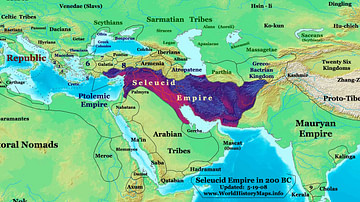
Image
Seleucid Empire 200 BCE
The Seleucid Empire was founded 312 BCE upon the breakup the Macedonian Empire. Alexander Balas ruled from 150-145 BCE.

Definition
Parthia (Empire)
The Parthians ruled from 247 BCE to 224 CE creating a vast empire that stretched from the Mediterranean in the west to India and China in the east. East of the Caspian Sea there emerged from the steppe of Central Asia a nomadic Scythian tribe...

Definition
Ancient Persia
Persia (roughly modern-day Iran) is among the oldest inhabited regions in the world. Archaeological sites in the country have established human habitation dating back 100,000 years to the Paleolithic Age with semi-permanent settlements (most...
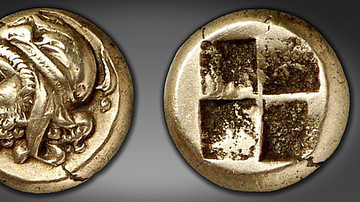
Definition
Ancient Persian Governors
The Achaemenid Persian Empire functioned as well as it did because of the efficient bureaucracy established by its founder Cyrus the Great (r. c. 550-530 BCE) which was administered through the satrapy system. A Persian governor of a province...
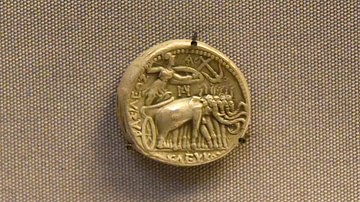
Image
Tetradrachm Coin from Seleucid Syria
This is a silver tetradrachm coin. Reign of Seleucos I Nicator, 305-281 BCE. From Seleucid Syria. Donated by the Bank of England. (The British Museum, London).

Definition
Ancient Persian Government
The government of ancient Persia was based on an efficient bureaucracy which combined the centralization of power with the decentralization of administration. The Achaemenid Empire (c. 550-330 BCE) founded by Cyrus the Great (r. c. 550-530...
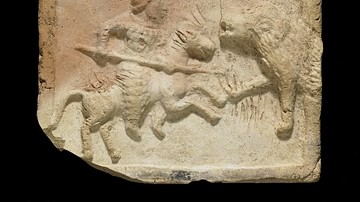
Definition
Parthian Warfare
Parthian warfare was characterized by the extensive use of cavalry and archers. Coming at enemy troops from all directions Parthian riders created confusion and wreaked havoc. They even developed the famous “Parthian shot.” Able to shoot...
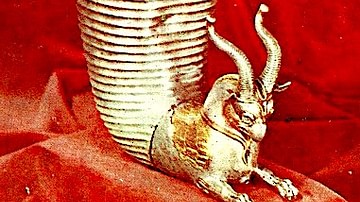
Definition
Orontid Dynasty
The Orontid dynasty (aka Eruandid or Yervanduni) succeeded the Kingdom of Urartu in ancient Armenia and ruled from the 6th to 3rd century BCE. Initially, the Orontids ruled as Persian satraps and the culture, language and political practices...
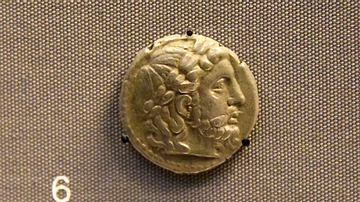
Image
Seleucid Silver Tetradrachm Coin
This silver tetradrachm coin belonged to Seleucus I. Reign of Seleucus I Nicator, 305-281 BCE. From Seleucid Syria. Donated by the Bank of England. (The British Museum, London).